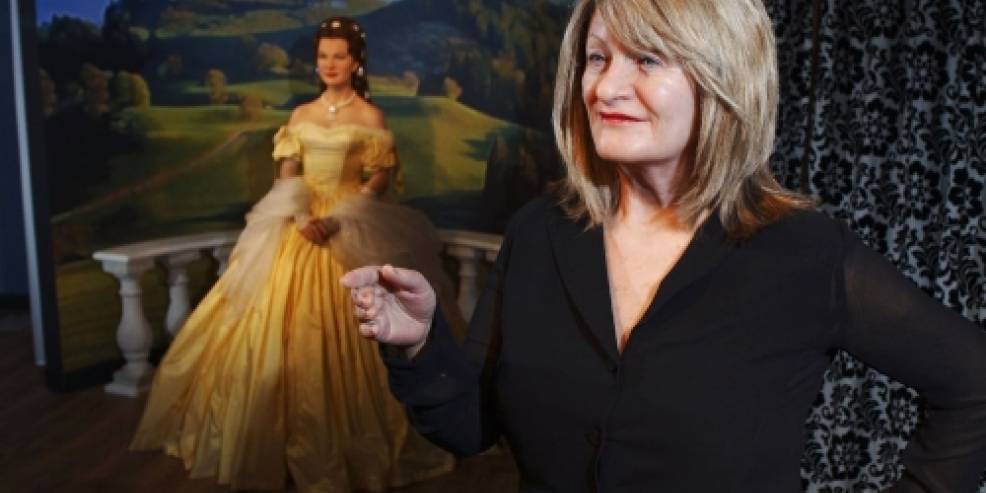Biografical note Mme Tussaud - english
Alice Schwarzer was born on December 3rd, 1942 in Wuppertal (Germany). A journalist, essay writer and active feminist, she has been a key leader in the women’s rights movement in Germany since the 1970’s. 83% of all Germans know her as a tireless campaigner.
Raised by a caring grandfather and a politically active grandmother, Schwarzer’s family were seen as outsiders. Her childhood was difficult, as an anti-Nazi from a lower class family. At the age of 21, following her secondary education, and a completed internship in economics, she moved to Paris for the first time to study French. Two years later she volunteered at the Düsseldorfer News (Germany) and became a reporter at the satirical magazine Pardon.
As a young journalist, she returned to Paris in 1969 to work as a freelance correspondent for radio, TV and print media, while she studied psychology and sociology at the Parisian faculty of Vincennes. During this time, she befriended Simone de Beauvoir and Jean-Paul Sartre, and she began to drive the feminist movement in Paris.
In 1971, Schwarzer brought the provocative message from French women to Germany – "I have had an abortion and expect the same right for any woman". Stern magazine published her pioneering statements on the topic of abortion, sparking the beginning of the German feminist movement. Schwarzer then returned to Paris where she worked as a correspondent until 1974.
Her book, "The small difference and its high consequences" ("Der kleine Unterschied und seine großen Folgen") becomes an international bestseller in 1975 and is translated into 9 languages. The book talks about sexuality and independence for oppressed women in a male dominated world. This publication brings Schwarzer sudden fame and notoriety. On the one hand she was seen as an idol of emancipation – on the other hand she was perceived as a threat. She used the media to get attention for her cause with a range of appearances, using humour and intelligent debate.
In 1977, she launched a political magazine called EMMA, to give women an independent voice. Since then, she has been the chief editor and publisher, providing a forum on a range of topics including Islamic fundamentalism (from 1979) and sexual politics. Her own critical reportage in prostitution, pornography and sexual violence has highlighted these issues to the German public. EMMA has always stood for equal opportunities and as a role model for women.
Like the magazine, Schwarzer’s reputation is either one of love or hate, but always respect. As the publication continues to grow and reach new readers, Schwarzer’s, tireless efforts surpass the controversies she faces. In 1983 Schwarzer established the archive "FrauenMediaTurm" (Köln) and her interviews with Simone de Beauvoir were published in a book.
Since 1993, she has released many more books, 17 as an author, and 18 as publisher. Several of these became bestsellers and topics for many controversies; from the case study of the murder and suicide of Petra Kelly and Gert Bastian ("A Deadly Love"), to the auto-biographies of Countess Dönhoff and Romy Schneider and her political essays.
On the publication of Schwarzer’s book, "The Answer", history professor Hans-Ulrich Wehler commented: "You only have to think of the extent to which this writer and de facto politician, often single-handedly, fought convincingly for women’s concerns, in her own unique way with passion and openness to conflict for the just cause. Without her there would have been an impulse missing for the feminist movement, and also for the decision-making bodies of political parties".
Alice Schwarzer has received numerous distinctions for her work including the Federal Cross of Merit, the NRW (Nordrhein-Wastfalen) national prize, the "Heinrich-Heine-Gabe" and the "Börne-Prize" as well as the nomination to "Chevalier d’honneur".
German Version: Biografische Notiz im Wachsfigurenkabinett Madame Tussauds Berlin, 2009.




































































































